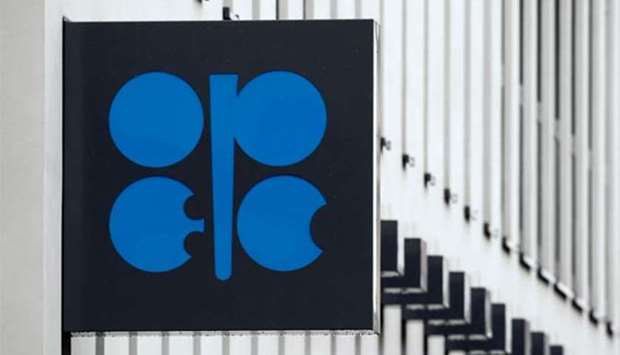Algeria's energy minister said on Wednesday he expects Opec to extend oil output cuts by nine months, helping to ease a global glut of crude by the end of 2017 and possibly raise oil prices to more than $55 a barrel.
The Organisation of the Petroleum Exporting Countries meets in Vienna on Thursday to consider whether to prolong a deal reached in December in which Opec and 11 non-members agreed to cut output by about 1.8mn barrels per day in the first half of 2017.Discussions have so far focused on extending cuts by six months to the end of 2017, by nine months until March 2018 or by six months with an option to prolong by a further three months.
"There was no country that said 'we oppose nine months'," Algerian Energy Minister Noureddine Boutarfa told Reuters.
"You can't say six and then an additional three. It would send the wrong message to the market," he added.
He said that because oil demand in the first quarter of a year falls seasonally, an extension until the end of March 2018 was a more favourable option for Opec.
"If you come and add 1.0-1.5mn barrels per day ... that will impact the market and prices. Therefore it is better that the deal stays in effect until the end of March."
He said he saw inventories declining to their five-year average by the end of 2017.
Reducing an overhang of some 300mn barrels in industrialised nations' oil inventories has been a primary target for Opec, with the goal of bringing back stock levels to their five-year average of around 2.7bn barrels.
Looking at the progress of the initial output-cutting deal reached in December last year, Boutarfa said the market could not see the impact through lower inventories due to sizeable exports from the Middle East to the United States.
"This ... made us change our view," he said.
"This impacted prices. People were saying there was a deal and production was cut but we weren't seeing that translated on inventories."
He added, however, that U.S. crude inventories were now falling.
Boutarfa said that as stocks were declining, prices could rise to beyond $55 a barrel before the end of the year.
"For Algeria, the higher the price the better, but the budget focused on $50 a barrel in 2017, $55 a barrel in 2018. $55-$60 a barrel may be an acceptable price for Algeria."

